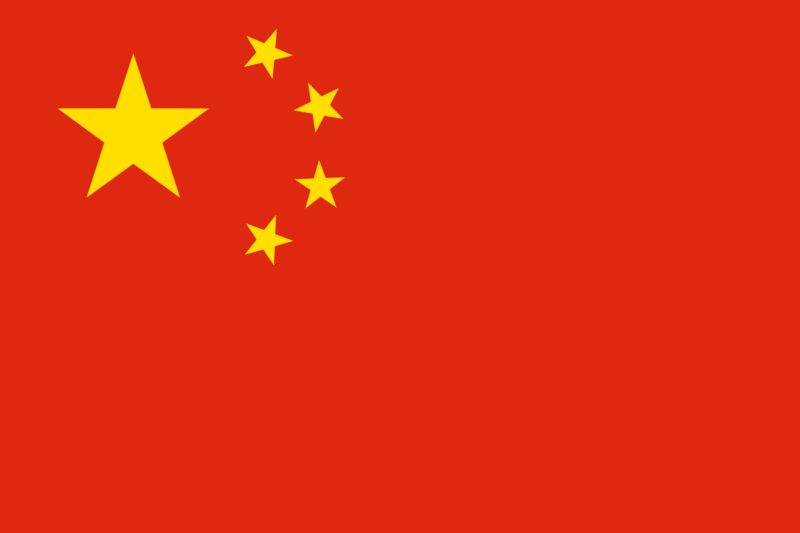The Wall Street Journal broke the news earlier this summer that Cuba and China have “a secret agreement” to give China a military base in Cuba. The deal calls for China to pay Cuba billions of dollars for the facility.
Politico added further detail in its report of two unnamed government officials who disclosed that “China is in talks with Cuba to establish a foothold there to spy on the United States,” and that “this is an issue that [the Biden] administration inherited.”
National Security Council spokesperson John Kirby said that the Biden administration is “well aware of — and have spoken many times to — the People’s Republic of China’s efforts to invest in infrastructure around the world that may have military purposes, including in this hemisphere.”
A later report quoted the administration as saying, “In fact, the PRC conducted an upgrade of its intelligence collection facilities in Cuba in 2019. This is well-documented in the intelligence record.”
In a joint public statement from Sens. Mark Warner (D-VA) and Marco Rubio (R-FL), the two Senators clarified: “The United States must respond to China’s ongoing and brazen attacks on our nation’s security. We must be clear that it would be unacceptable for China to establish an intelligence facility within 100 miles of Florida and the United States, in an area also populated with key military installations and extensive maritime traffic.”
China and Cuba have denied the story, but U.S. news sources have continued to confirm the claim.
Why this interest from China?
Cuba used to be home to the world’s largest Soviet spy station, though that facility closed down in 2001. It has been speculated that China may be planning to reopen this facility.
China has been pursuing relationships with nations in Latin America and the Caribbean for some years. An opinion piece in The Washington Post suggests that China and the U.S. routinely spy on each other, and that this episode is not out of the ordinary. “The two countries have had an intelligence relationship for decades,” the Post quotes Paul Heer, a former U.S. national intelligence officer for East Asia.
Cuba, which lost primary funding from the Soviet Union when the U.S.S.R. collapsed, is in dire economic straits. China’s investment could be welcome.
Leland Lazarus wrote in DefenseNews that “China’s planned spy base and military training facility in Cuba would be located near the U.S. naval station in Guantanamo Bay, home to several U.S. military facilities like U.S. Southern Command in Miami and U.S. Central Command and U.S. Special Operations Command both in Tampa, along with their various component commands.”
Congress passed a concurrent resolution (H.Con.Res.52) “Condemning Cuba and the Chinese Communist Party for discussing and implementing an agreement to build a Chinese Communist Party spy base on the island of Cuba, 90 miles from the United States.”
How does this affect Puerto Rico?
While news coverage of the events focus on how close Cuba is to Florida, Cuba is also close to Puerto Rico. Journalist Lola Rodríguez de Tió famously called Cuba and Puerto Rico “two wings of the same bird.”
The Navy had a base on Vieques, one of the islands in the Puerto Rico archipelago, until it was closed in response to protests in the early 21st century, leaving completely in 2003. Clean-up of the site is still continuing. There was also a base in Ceiba, the Roosevelt Roads Naval Station, from 1943 to 2001.
Could the U.S. military reopen bases in Puerto Rico in response to a step-up in China’s intelligence-gathering operations out of Cuba? Congress has the responsibility, according to the Constitution, to make “all laws and regulations” for Puerto Rico and other U.S. territories. If the situation intensifies, the U.S. will consider the best response, which could include a stepped-up military presence in Puerto Rico.
The United States will defend Puerto Rico as a territory of the United States and of course as a state. If Puerto Rico were an independent nation, U.S. defense would not be a foregone conclusion. It could be part of negotiations for a compact of free association, or it could be motivation for Congress to admit Puerto Rico as a state to strengthen America’s strategic position in the Caribbean.








No responses yet